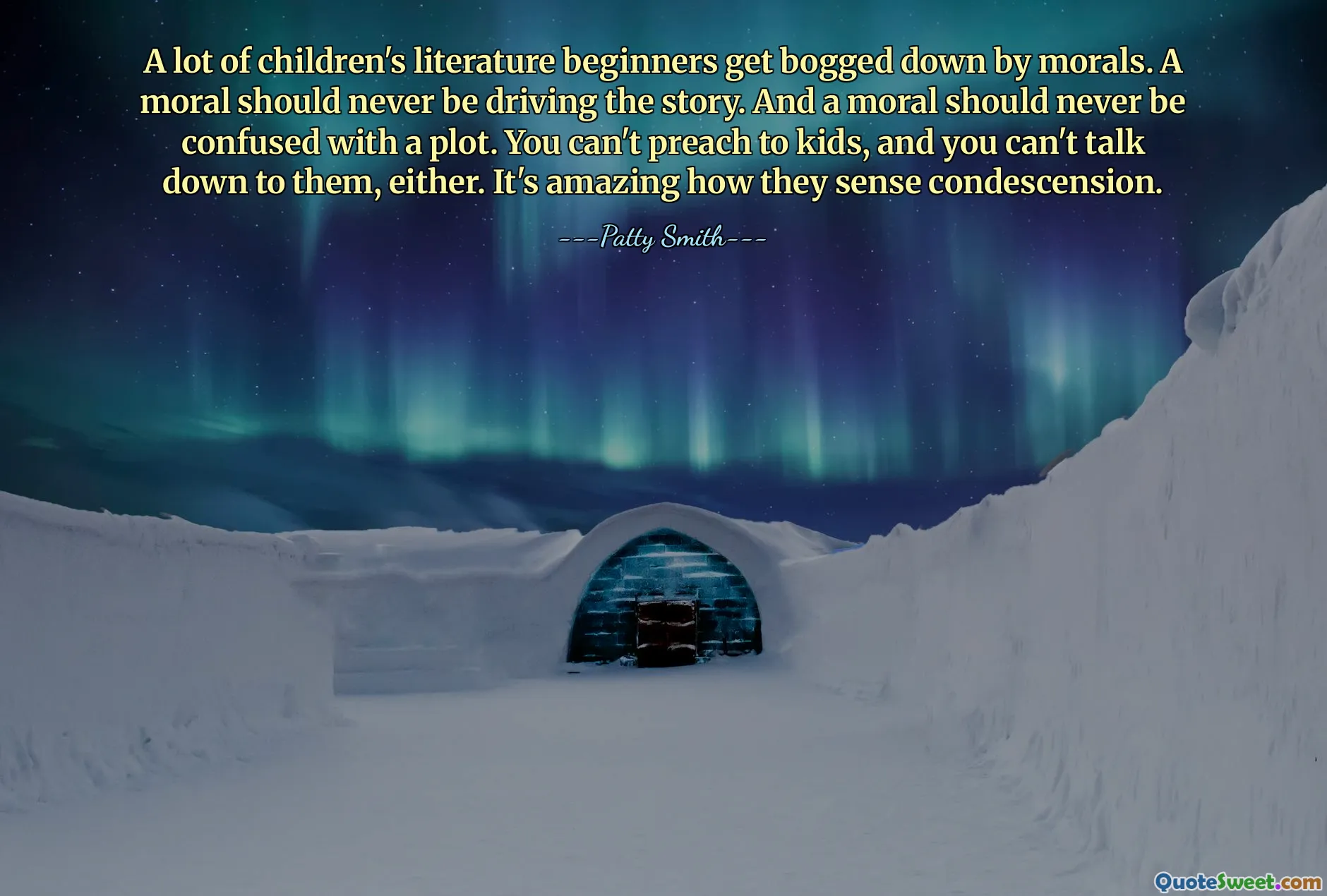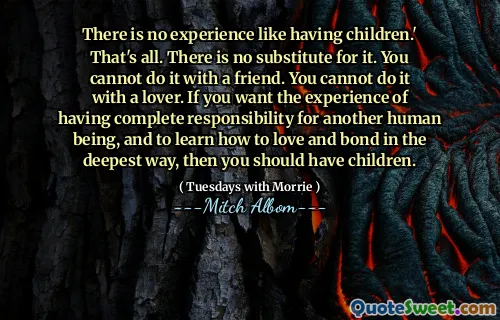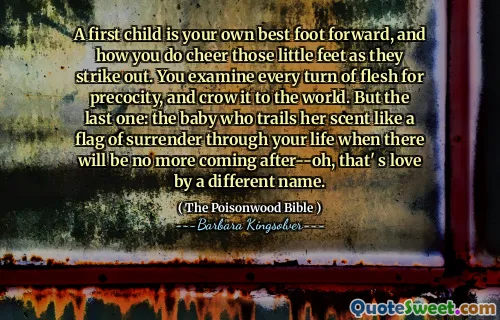
A lot of children's literature beginners get bogged down by morals. A moral should never be driving the story. And a moral should never be confused with a plot. You can't preach to kids, and you can't talk down to them, either. It's amazing how they sense condescension.
The quote emphasizes the importance of storytelling being engaging and authentic, especially when writing for children. It highlights a common misconception among novice writers who believe that moral lessons must always be explicit and central to the narrative. However, effective children's literature often weaves morals subtly into the story rather than making them overt preachments. Children are remarkably perceptive; they can sense when they are being talked down to or when the story's primary aim is to deliver a lesson rather than entertain or inspire. This insight underscores the delicate balance that writers must maintain—crafting plots that are engaging and meaningful without sacrificing integrity or dismissing the intelligence of young readers. The author suggests that morals should be woven naturally into the story’s fabric, influencing character actions and story outcomes implicitly, thus allowing children to draw their own conclusions without feeling lectured. Overall, this perspective champions storytelling that respects the child's capacity for understanding and values their sense of agency. It reinforces that stories should entertain, educate subtly, and respect the maturity of the audience, fostering genuine engagement and emotional resonance rather than superficial didacticism.











